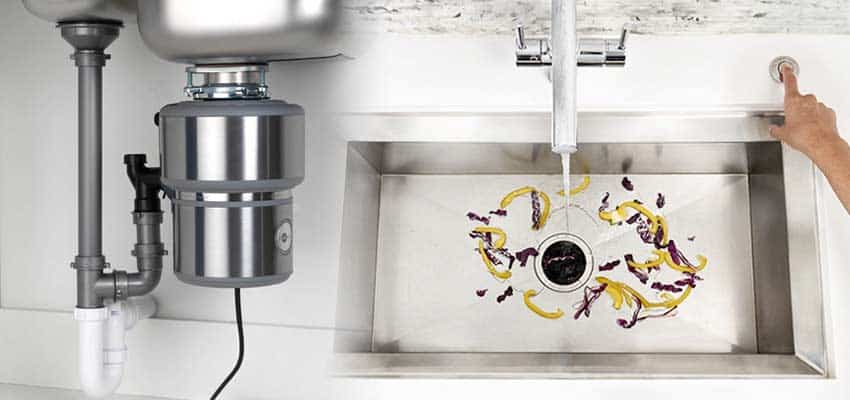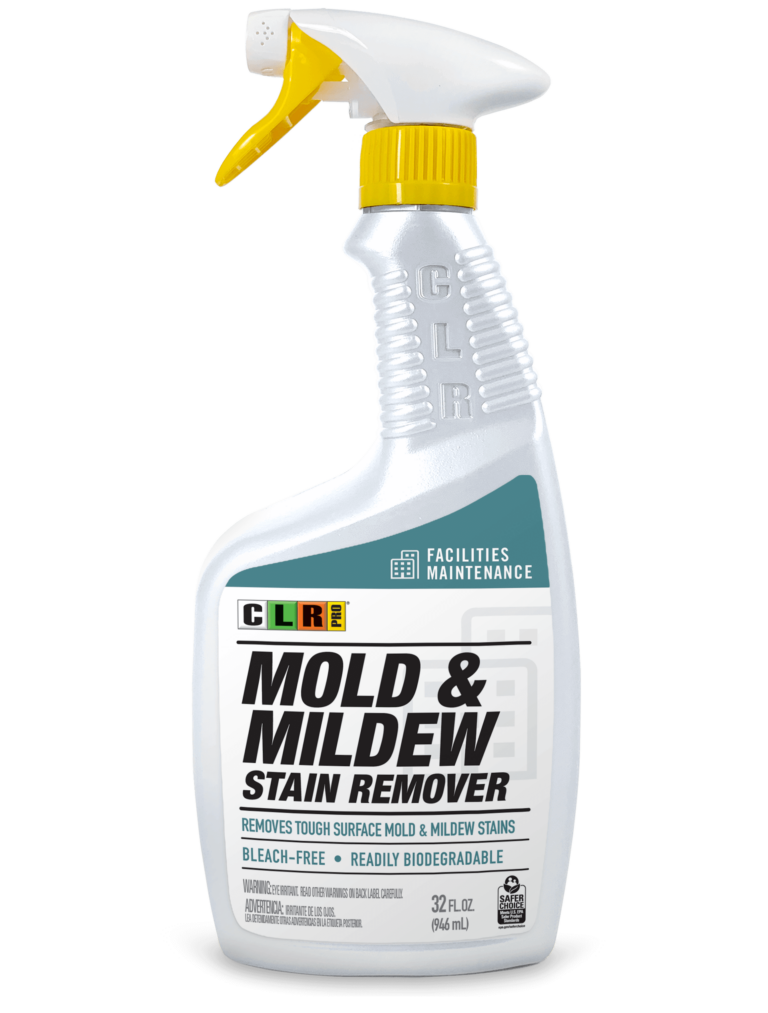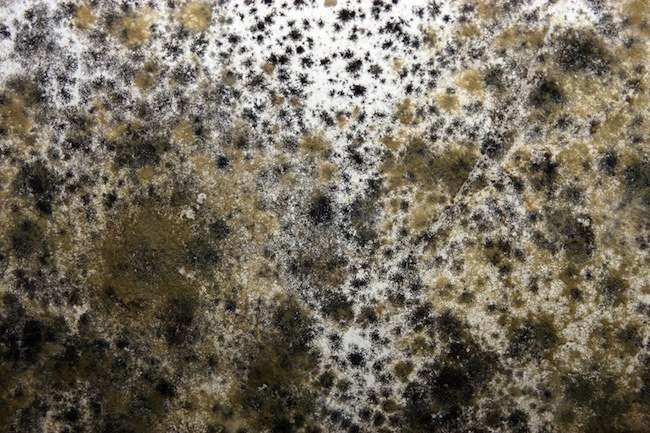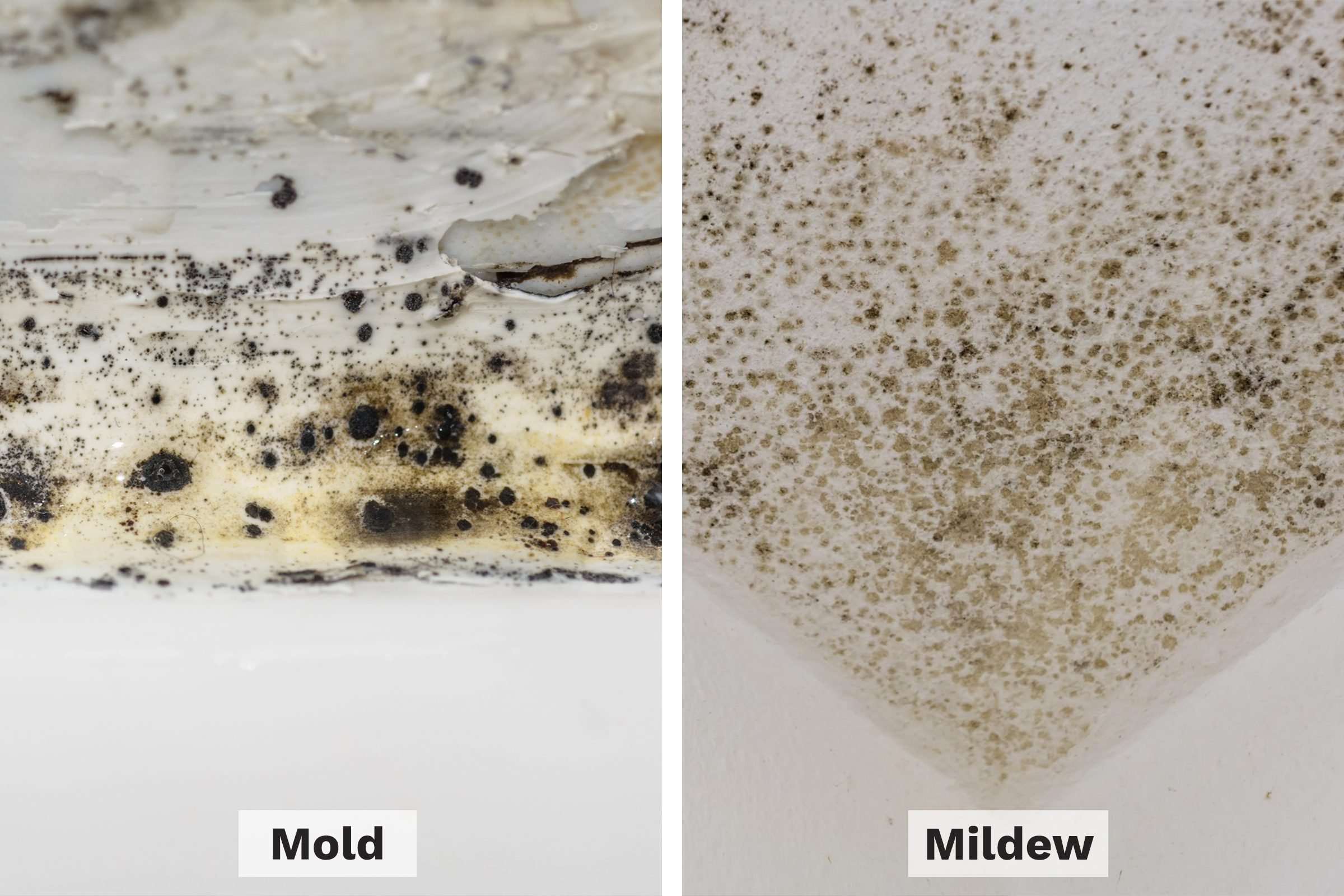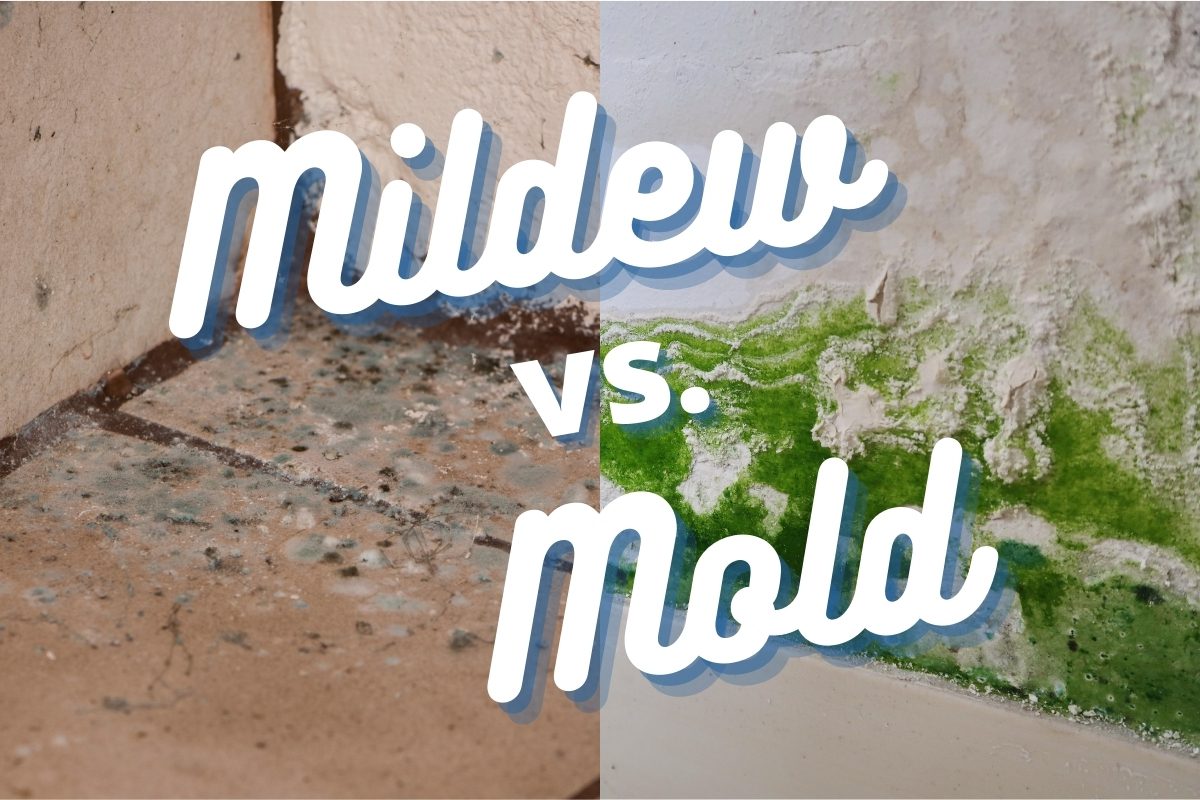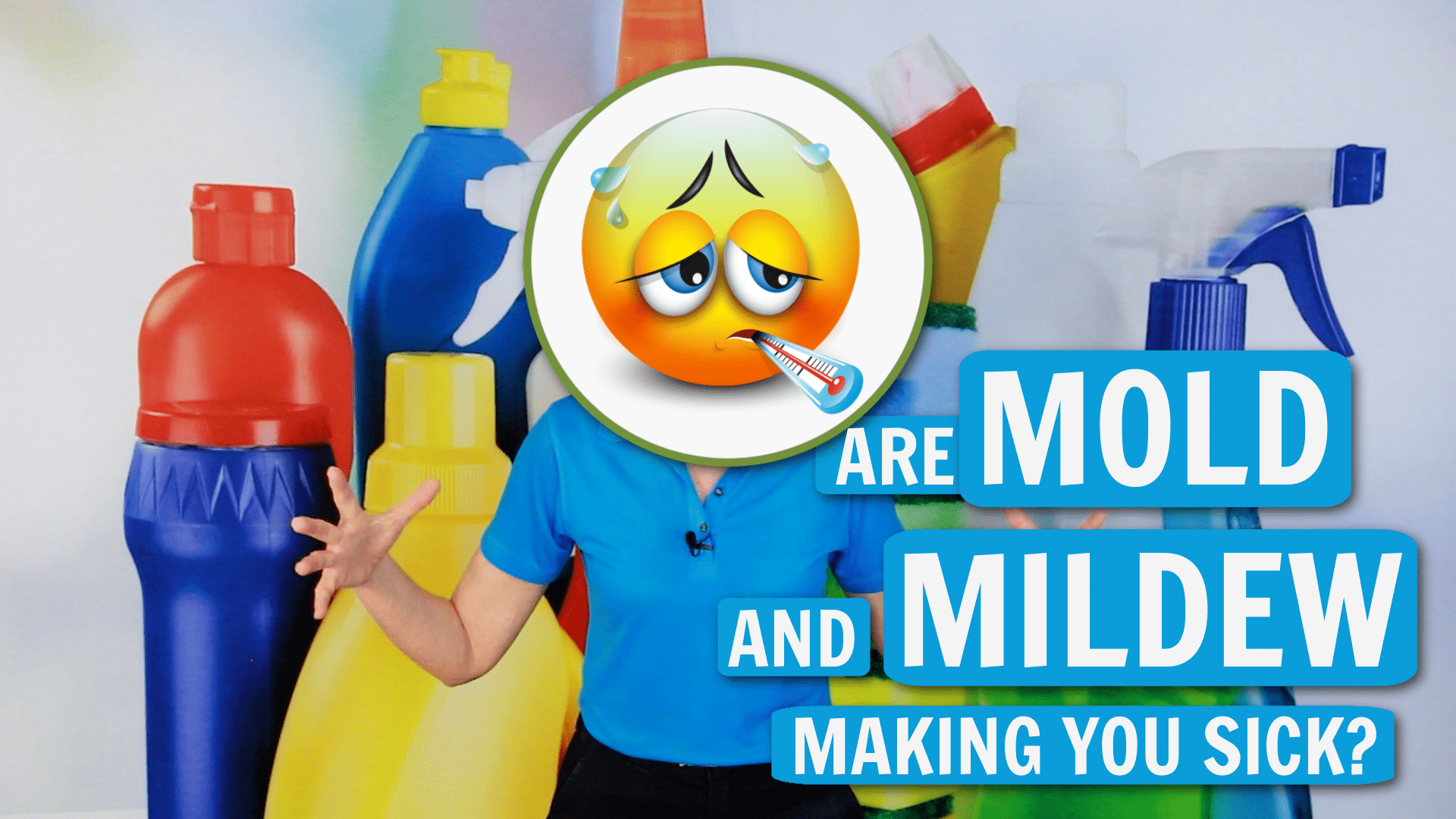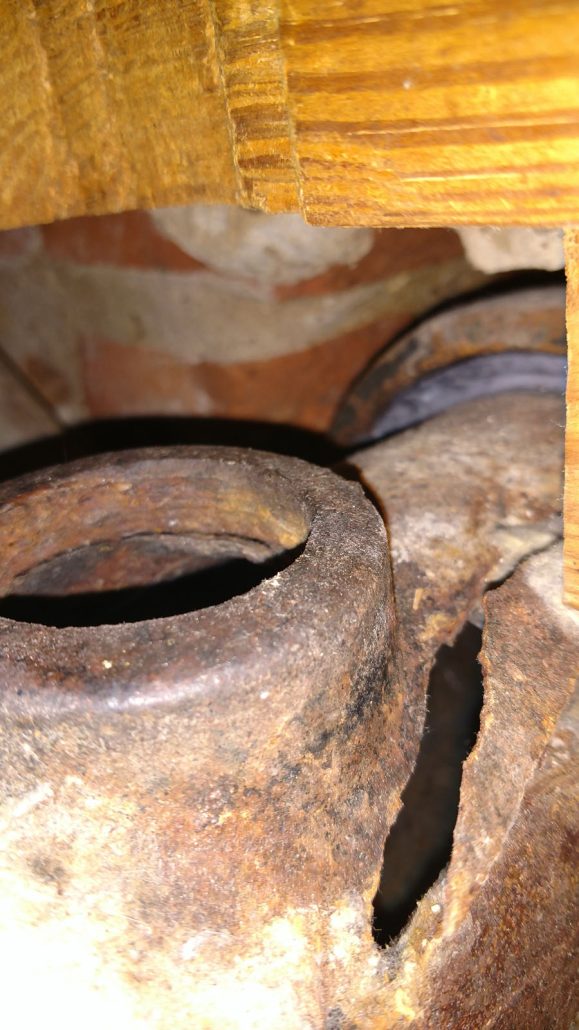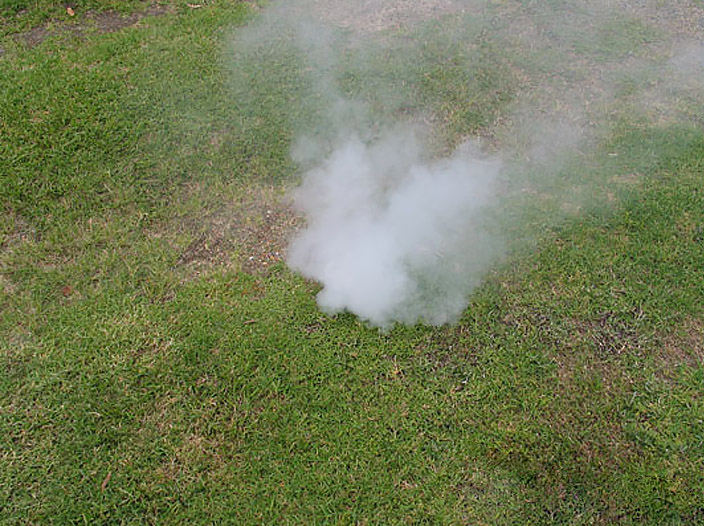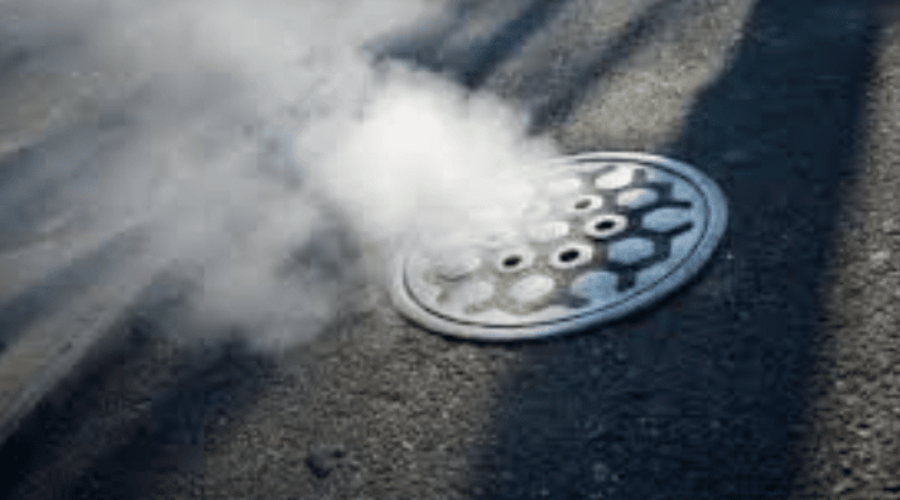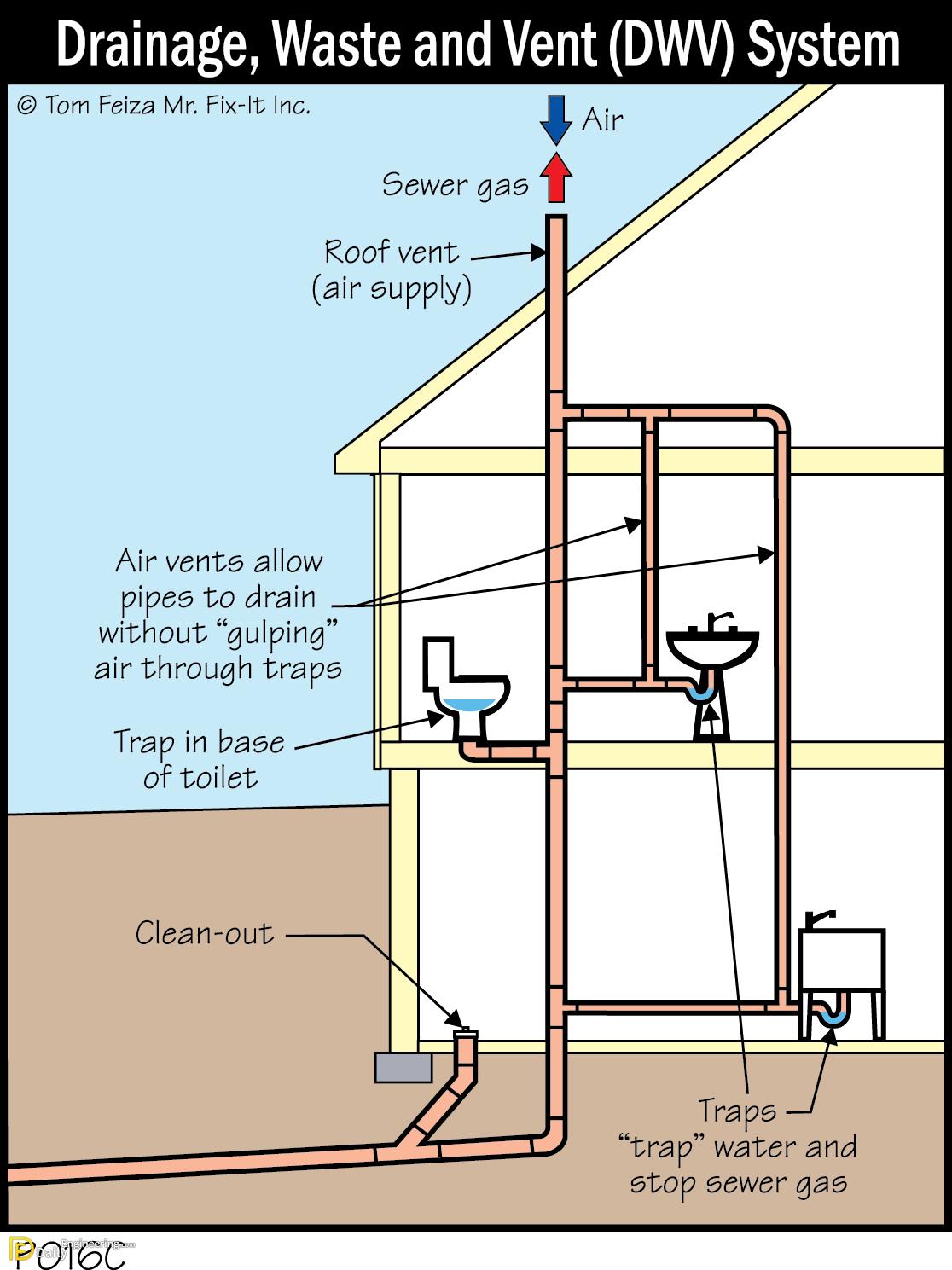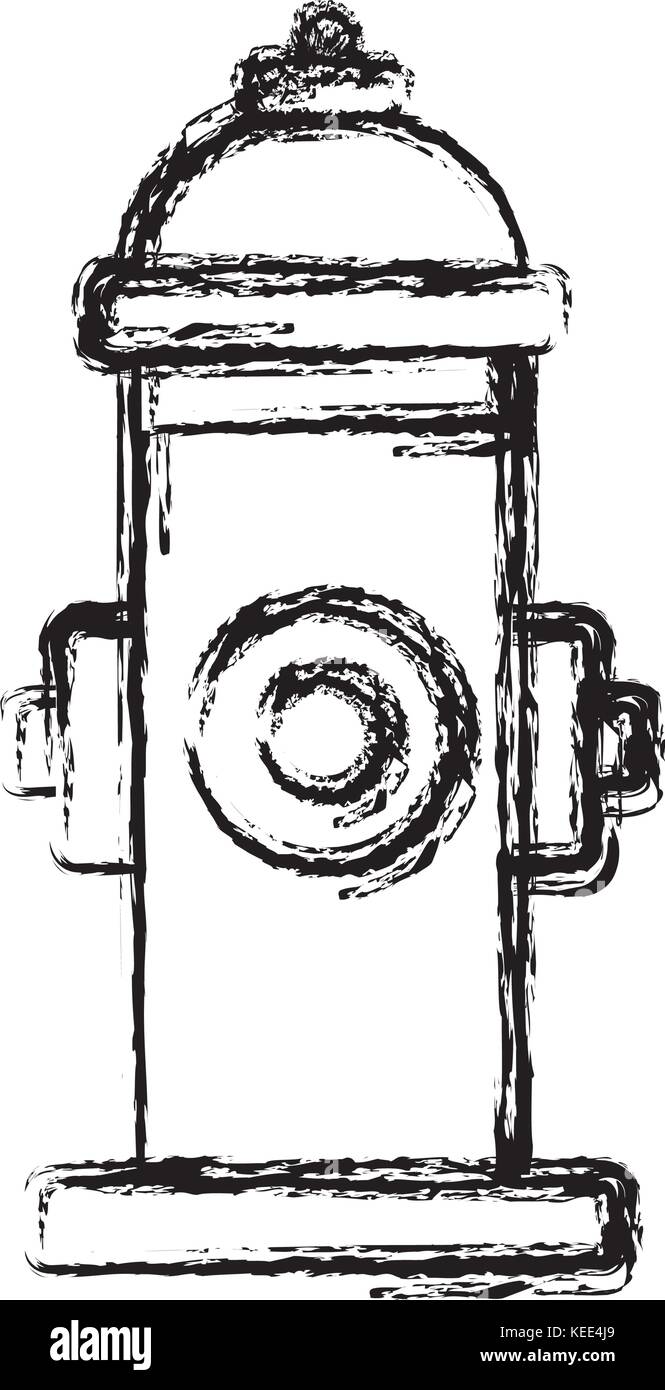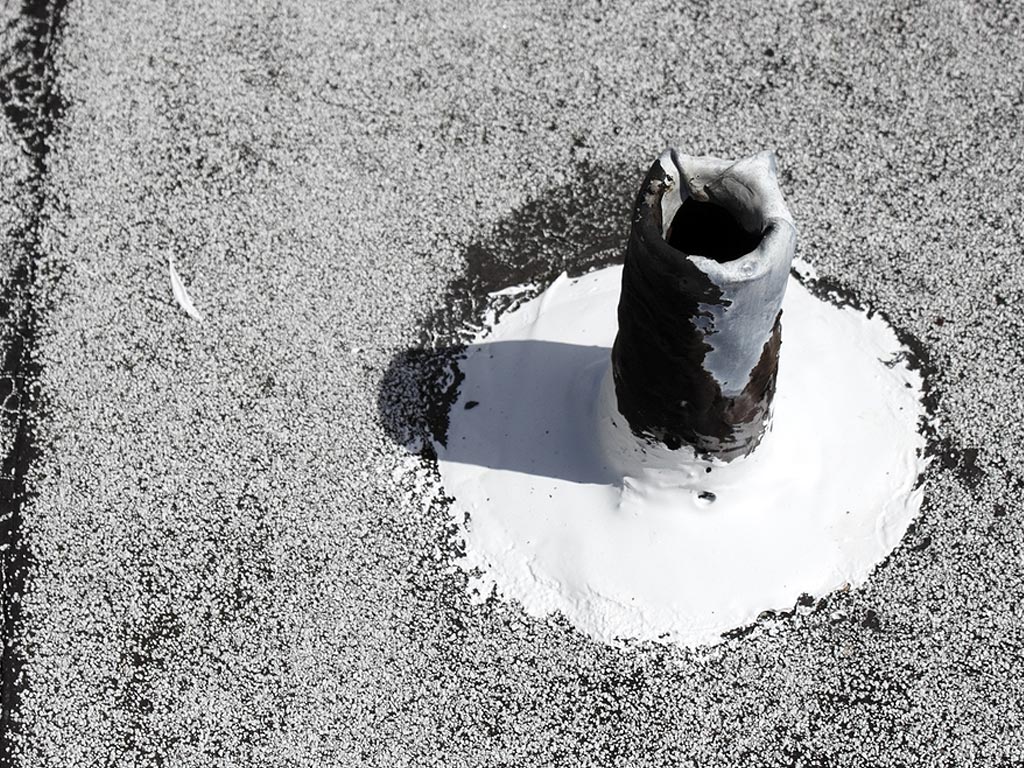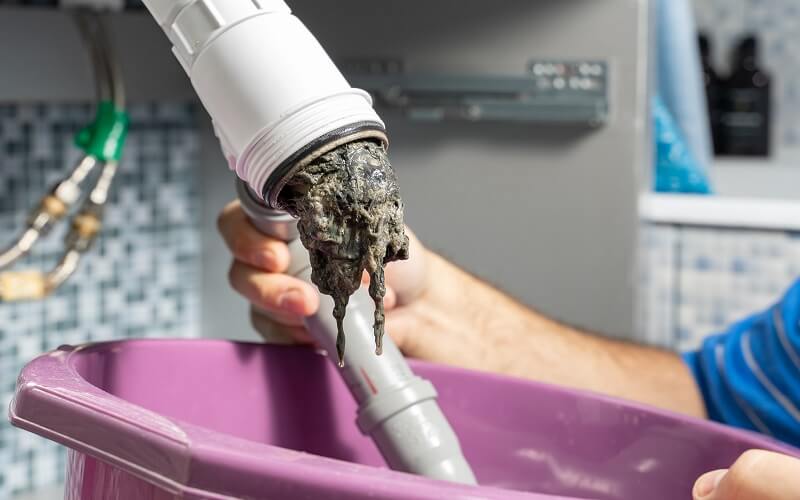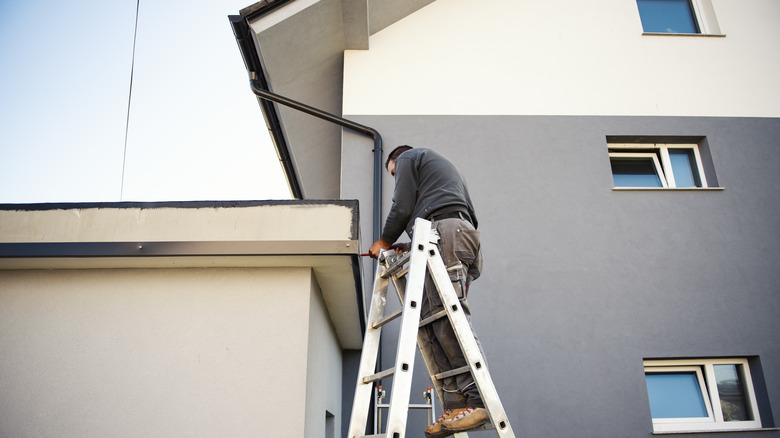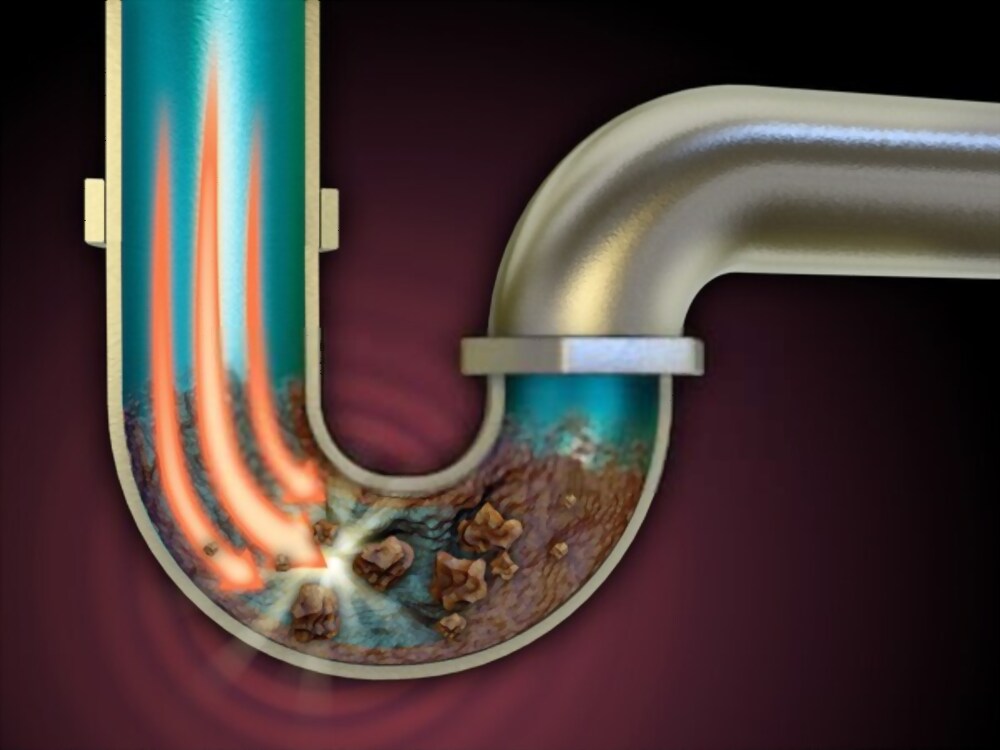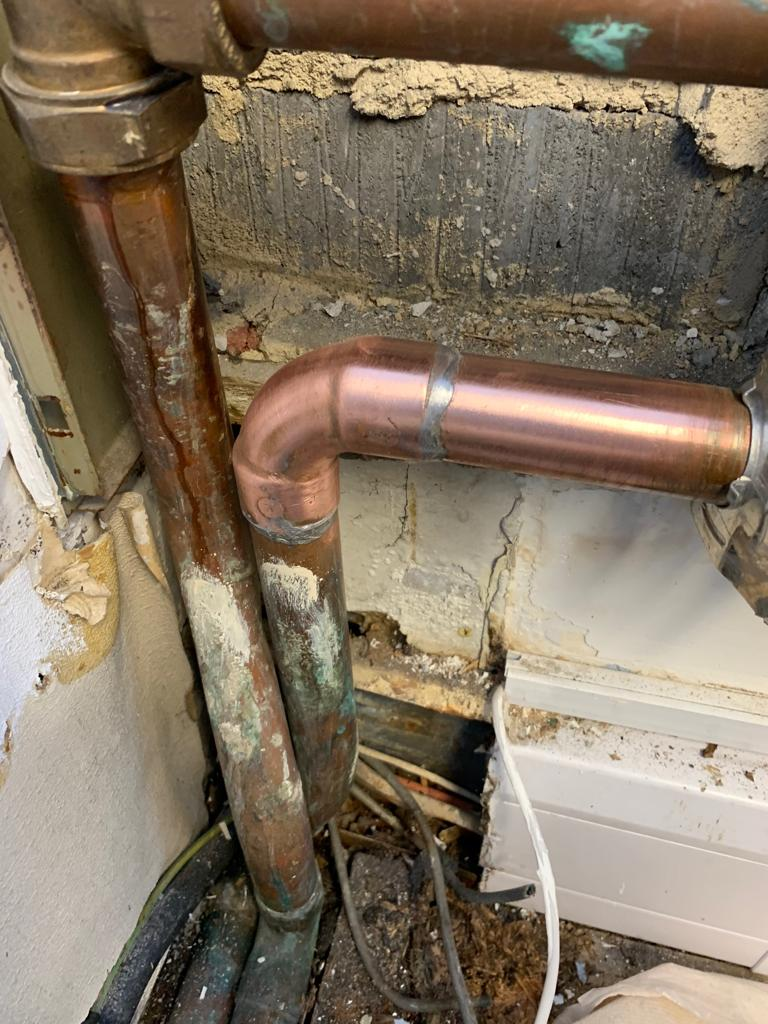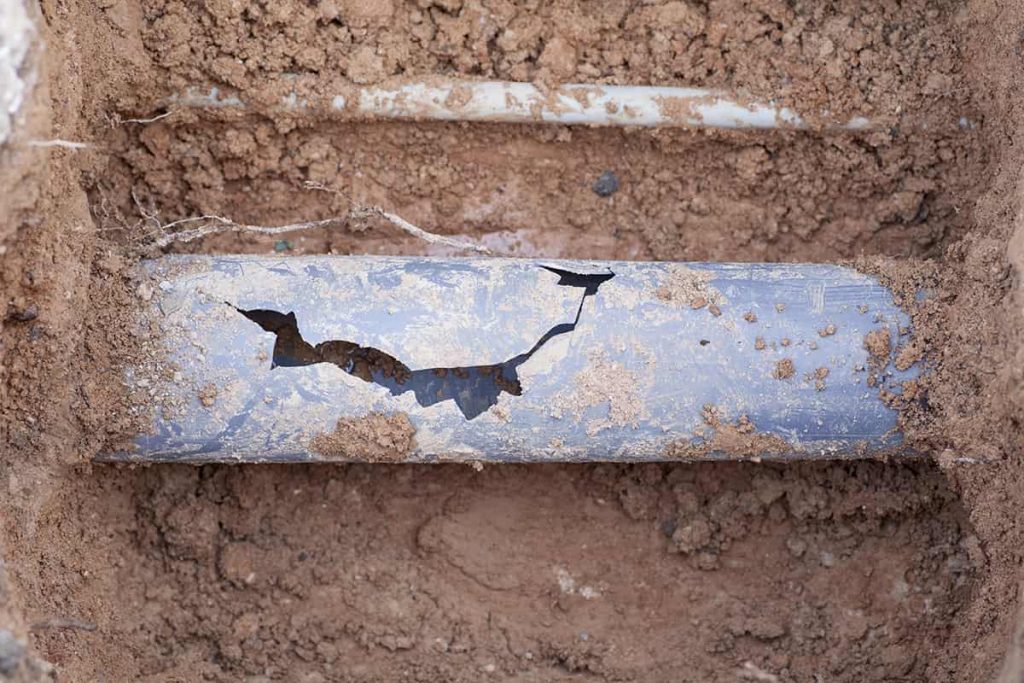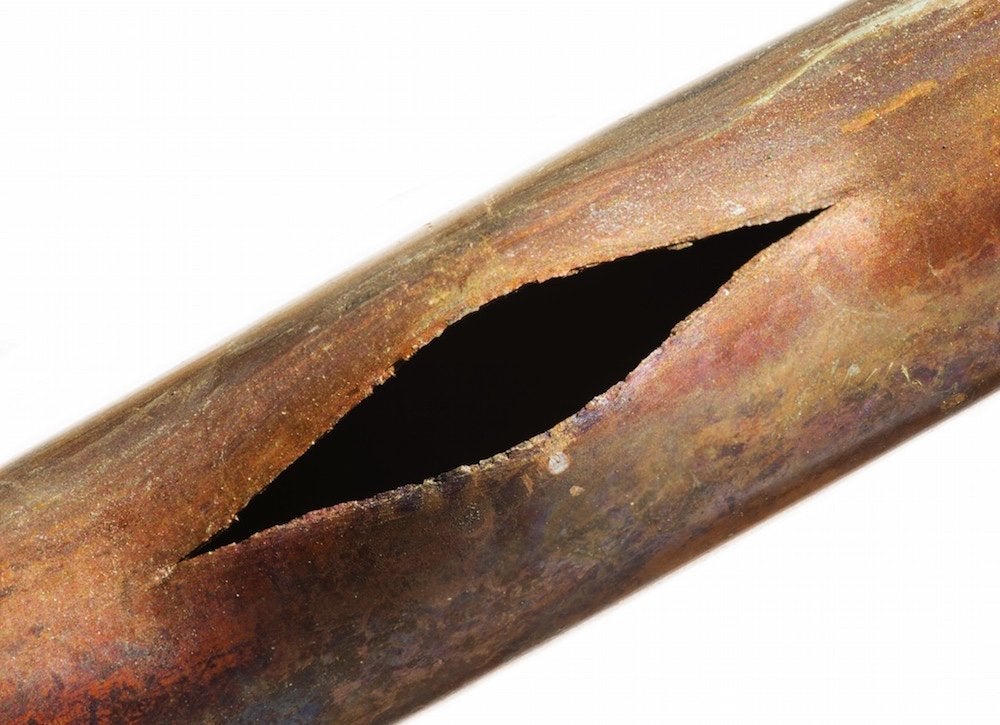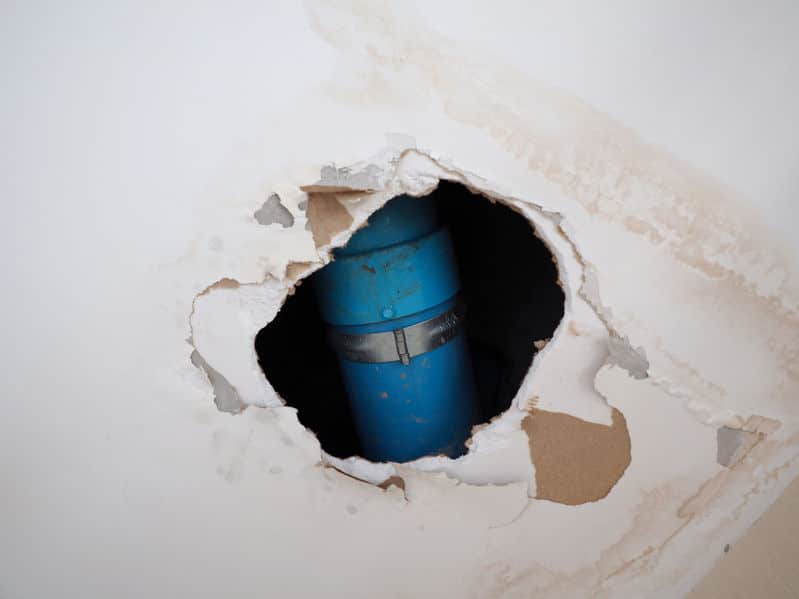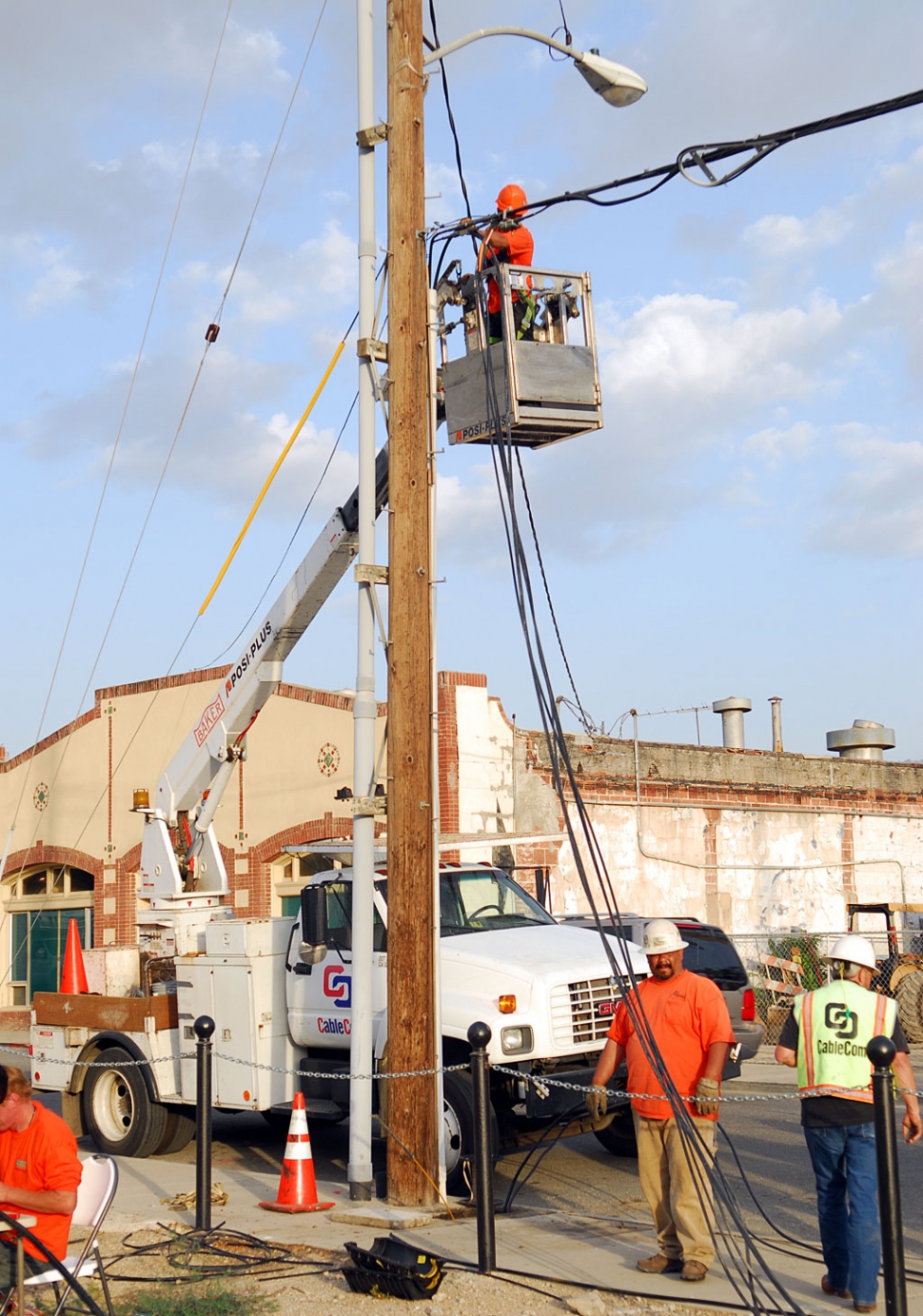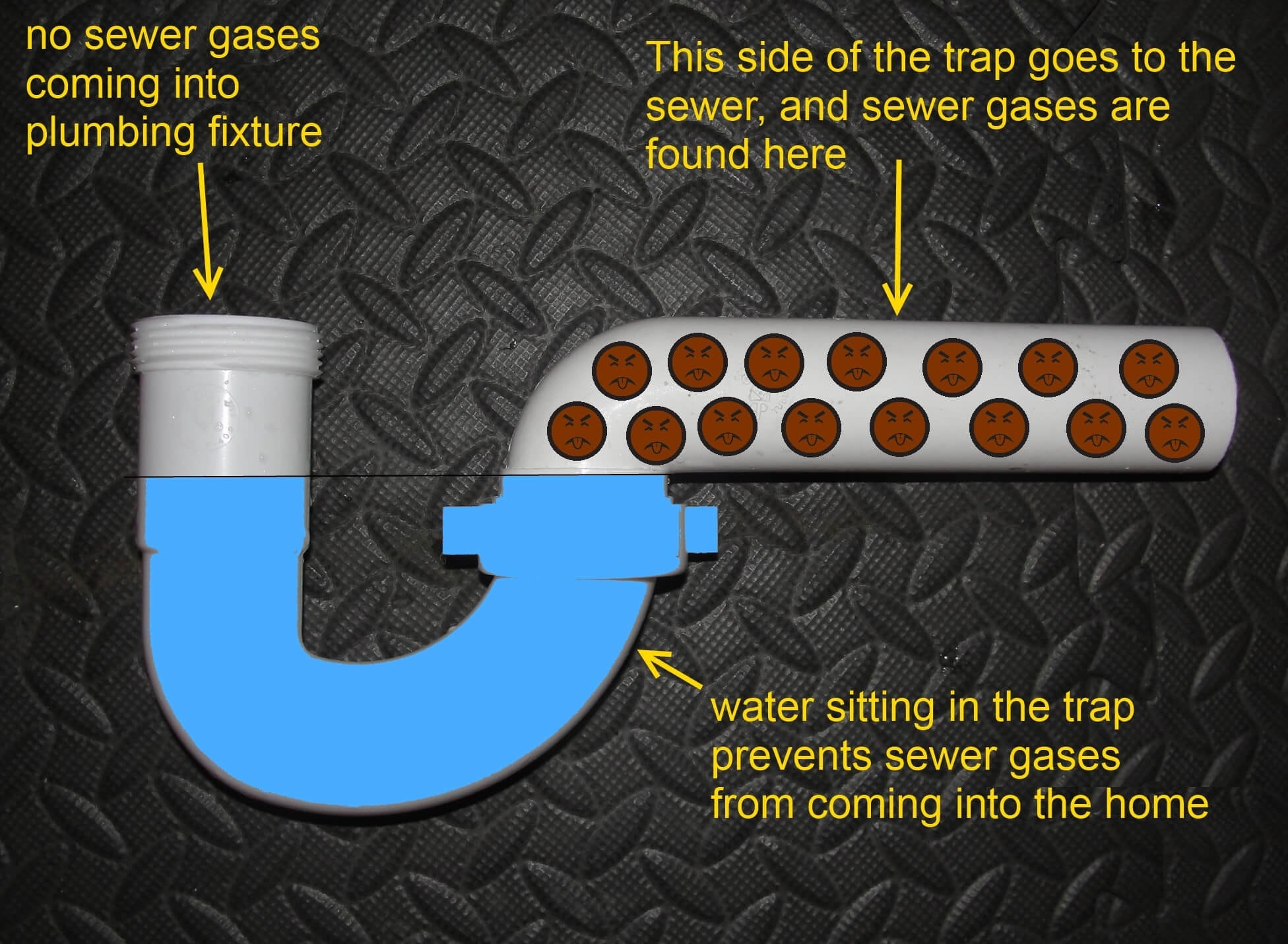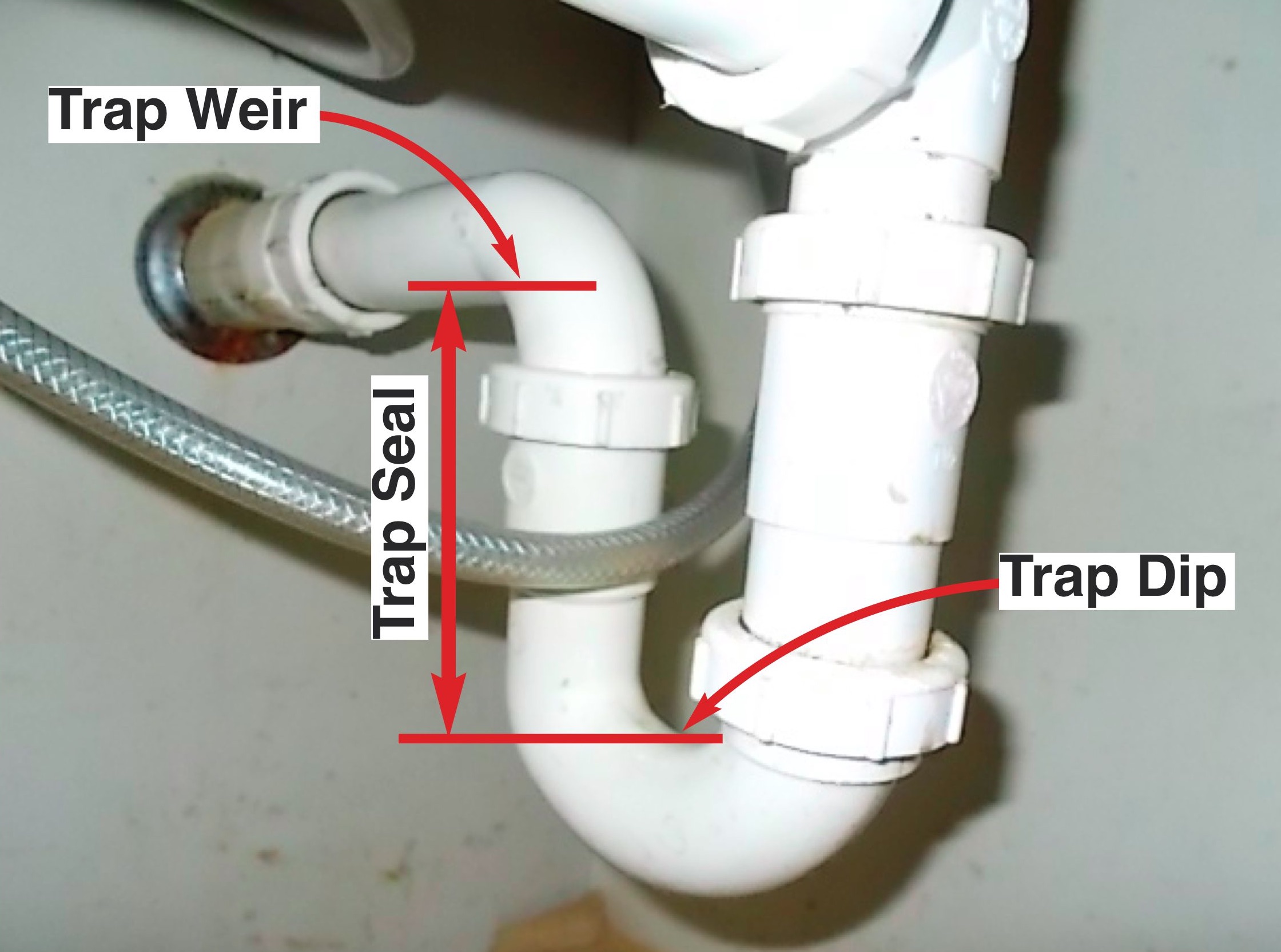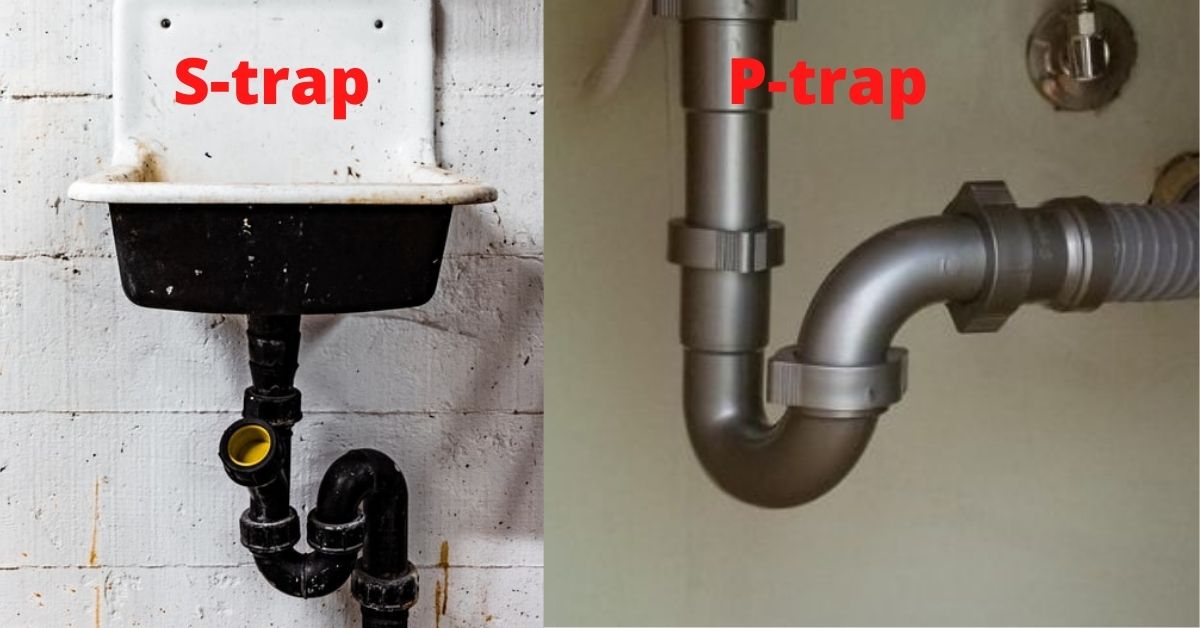If you notice a foul smell coming from your kitchen sink drain, the most common cause is a clogged drain. As food particles, grease, and other debris get washed down the drain, they can accumulate and create a blockage. This blockage prevents water from flowing freely and can also trap food and other organic matter, causing it to rot and emit an unpleasant odor. To prevent this issue, be mindful of what you are putting down the drain and regularly clean it out to avoid clogs.1. Clogged Drain
Another common cause of a smelly kitchen sink drain is bacteria buildup. As food particles are left to sit in the drain, bacteria can grow and multiply, leading to a strong smell. This can be especially problematic in garbage disposals, where food can get trapped and decompose over time. Regularly cleaning your garbage disposal and using natural cleaners, such as baking soda and vinegar, can help eliminate bacteria and keep your drain smelling fresh.2. Bacteria Buildup
Food debris can easily get stuck in your kitchen sink drain, especially if you do not have a garbage disposal. As food particles sit in the drain, they can start to rot and produce a foul smell. To prevent this, make sure to scrape off any excess food into the trash before washing dishes or use a drain strainer to catch any debris before it goes down the drain.3. Food Debris
Grease and oil from cooking can also contribute to a smelly kitchen sink drain. As these substances cool and solidify, they can coat the inside of your pipes and trap food particles, leading to a buildup of bacteria and an unpleasant odor. To prevent this, avoid pouring grease and oil down the drain and instead dispose of them in a separate container.4. Grease and Oil Buildup
If you have a garbage disposal, it is important to regularly clean it out to prevent any old food from getting trapped and causing a foul smell. Even if you run water while using the disposal, small particles can still get stuck in the blades. To clean your garbage disposal, run ice cubes and lemon slices through it, followed by hot water and baking soda. This will help remove any buildup and eliminate any odors.5. Old Food Trapped in Garbage Disposal
Mold and mildew can grow in dark and damp places, making your kitchen sink drain an ideal breeding ground. This can happen if there is a leak in your pipes or if your sink is not properly ventilated. Not only can mold and mildew cause an unpleasant smell, but it can also be harmful to your health. If you suspect mold or mildew growth in your sink drain, it is important to address the issue and fix any leaks or ventilation problems.6. Mold and Mildew Growth
If you notice a foul smell coming from your kitchen sink drain, it could be a sign of a sewer gas leak. This can happen if there is a crack or damage in your pipes, allowing gas to escape into your home. Sewer gas has a distinct, pungent smell and can be harmful if inhaled in large amounts. If you suspect a sewer gas leak, it is important to contact a professional plumber to address the issue.7. Sewer Gas Leak
The vent pipe in your plumbing system is responsible for removing odors and gases from your home. If this pipe becomes blocked, it can cause a buildup of gases in your drain, leading to a foul smell. This blockage can be caused by debris, animal nests, or even ice in colder climates. Regularly checking and cleaning your vent pipe can help prevent this issue.8. Blocked Vent Pipe
If your kitchen sink drain continues to emit a foul smell, it could be a sign of cracked or damaged pipes. Over time, pipes can deteriorate and develop cracks, allowing food particles and bacteria to enter and cause a buildup of odors. If you suspect this is the case, it is important to have a professional plumber inspect and repair your pipes to prevent further issues.9. Cracked or Damaged Pipes
The P-trap is a curved pipe located under your sink that is designed to prevent sewer gases from entering your home. If this pipe is not installed correctly, it can allow gases to escape, leading to a foul smell in your kitchen sink drain. If you suspect an improperly installed P-trap, it is important to have a professional plumber correct the issue to eliminate any odors. In conclusion, there are many potential causes for a smell in your kitchen sink drain. By being mindful of what you put down your drain, regularly cleaning and maintaining your pipes, and addressing any issues promptly, you can keep your kitchen smelling fresh and clean. If the smell persists or you are unsure of the cause, it is always best to consult a professional plumber for assistance.10. Improperly Installed P-Trap
Preventing and Eliminating Kitchen Sink Odors

Proper Maintenance of the Kitchen Sink Drain
 One of the main causes of a bad smell in the kitchen sink drain is the buildup of food particles, grease, and other debris. Over time, these substances can build up in the drain and create a foul odor. To prevent this, it is important to regularly clean and maintain your kitchen sink drain. This can be done by using a drain cleaner or a mixture of baking soda and vinegar. These solutions can help break down any buildup and eliminate odors.
One of the main causes of a bad smell in the kitchen sink drain is the buildup of food particles, grease, and other debris. Over time, these substances can build up in the drain and create a foul odor. To prevent this, it is important to regularly clean and maintain your kitchen sink drain. This can be done by using a drain cleaner or a mixture of baking soda and vinegar. These solutions can help break down any buildup and eliminate odors.
Proper Disposal of Food Waste
.png) Another common cause of unpleasant odors in the kitchen sink drain is the disposal of food scraps and waste. When food particles are not properly disposed of, they can get trapped in the drain and begin to decompose, resulting in a foul smell. To prevent this, be sure to scrape food scraps into the garbage or compost bin before rinsing dishes in the sink. You can also use a drain strainer to catch any food particles before they enter the drain.
Another common cause of unpleasant odors in the kitchen sink drain is the disposal of food scraps and waste. When food particles are not properly disposed of, they can get trapped in the drain and begin to decompose, resulting in a foul smell. To prevent this, be sure to scrape food scraps into the garbage or compost bin before rinsing dishes in the sink. You can also use a drain strainer to catch any food particles before they enter the drain.
Regularly Cleaning the Garbage Disposal
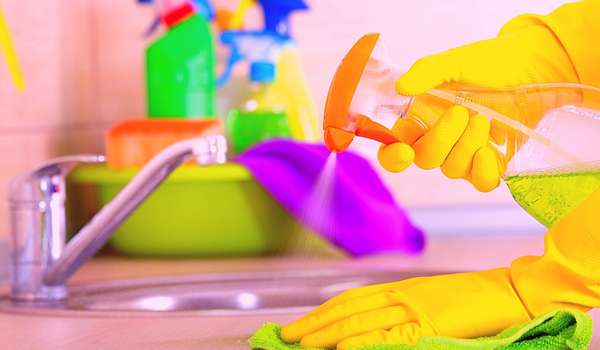 If your kitchen sink has a garbage disposal, it is important to clean it regularly to prevent odors. Over time, food particles and debris can get stuck in the blades of the disposal and begin to rot, creating a bad smell. To clean the garbage disposal, you can use a mixture of ice cubes and lemon or orange peels. The ice will help to sharpen the blades while the citrus peels will leave a fresh scent.
If your kitchen sink has a garbage disposal, it is important to clean it regularly to prevent odors. Over time, food particles and debris can get stuck in the blades of the disposal and begin to rot, creating a bad smell. To clean the garbage disposal, you can use a mixture of ice cubes and lemon or orange peels. The ice will help to sharpen the blades while the citrus peels will leave a fresh scent.
Checking for Plumbing Issues
 If you have tried all of the above methods and are still experiencing a bad smell in your kitchen sink drain, it may be a sign of a larger plumbing issue. A damaged or clogged pipe can cause odors to linger, and it may require professional assistance to fix the problem. It is important to regularly check for any leaks or clogs in your plumbing to prevent unpleasant odors from lingering in your kitchen sink.
In conclusion, a bad smell in the kitchen sink drain can be caused by a variety of factors, including buildup, improper disposal of food waste, and plumbing issues. By properly maintaining and cleaning your kitchen sink drain, you can prevent these odors from occurring. Remember to regularly clean your drain, properly dispose of food waste, and check for any plumbing issues to keep your kitchen smelling fresh and clean.
If you have tried all of the above methods and are still experiencing a bad smell in your kitchen sink drain, it may be a sign of a larger plumbing issue. A damaged or clogged pipe can cause odors to linger, and it may require professional assistance to fix the problem. It is important to regularly check for any leaks or clogs in your plumbing to prevent unpleasant odors from lingering in your kitchen sink.
In conclusion, a bad smell in the kitchen sink drain can be caused by a variety of factors, including buildup, improper disposal of food waste, and plumbing issues. By properly maintaining and cleaning your kitchen sink drain, you can prevent these odors from occurring. Remember to regularly clean your drain, properly dispose of food waste, and check for any plumbing issues to keep your kitchen smelling fresh and clean.









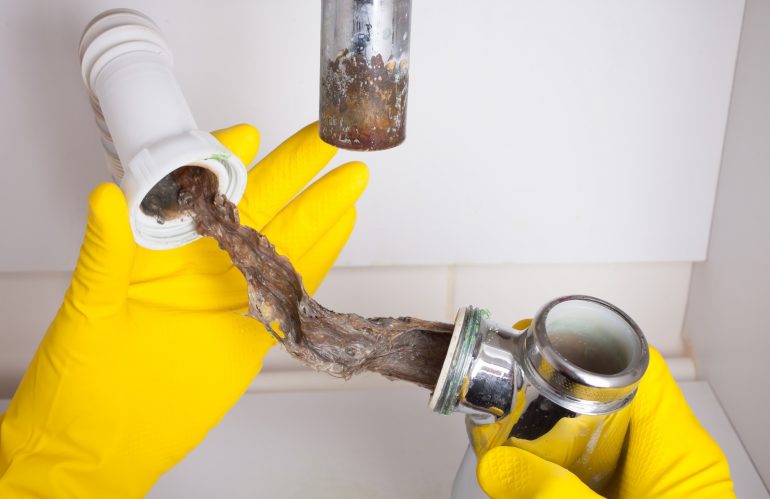






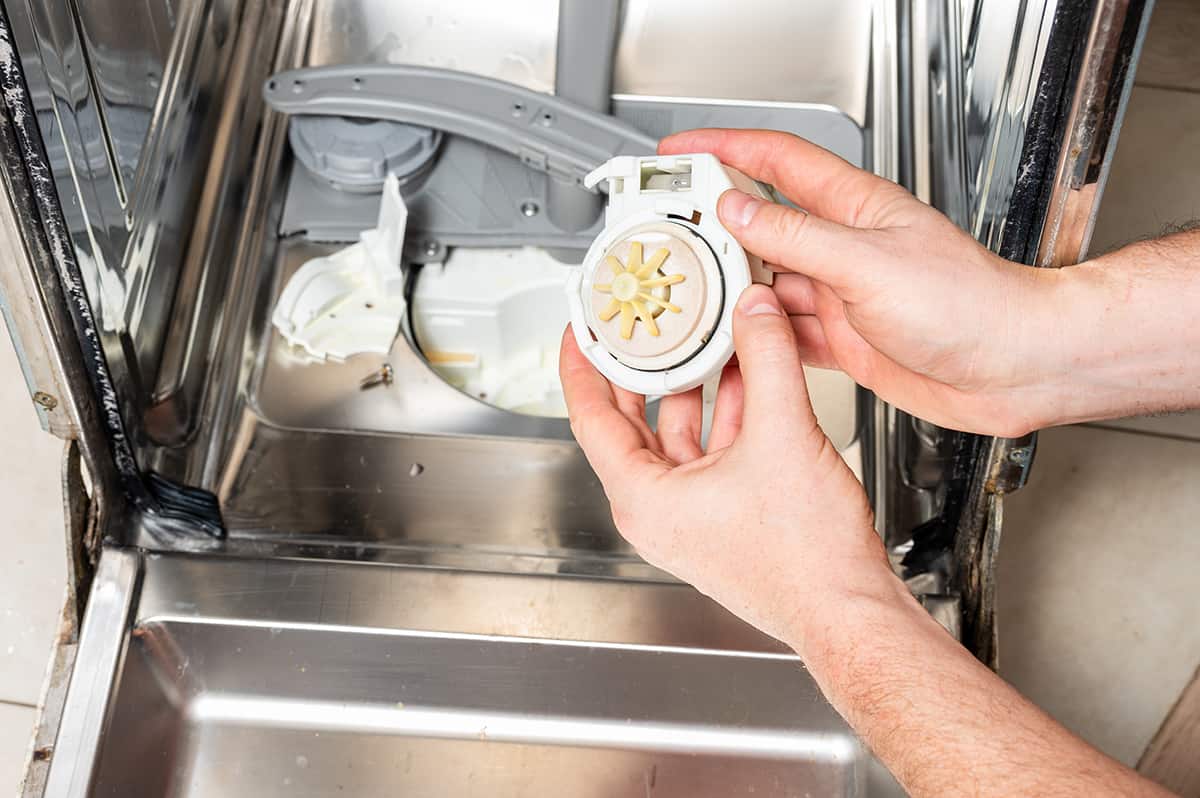

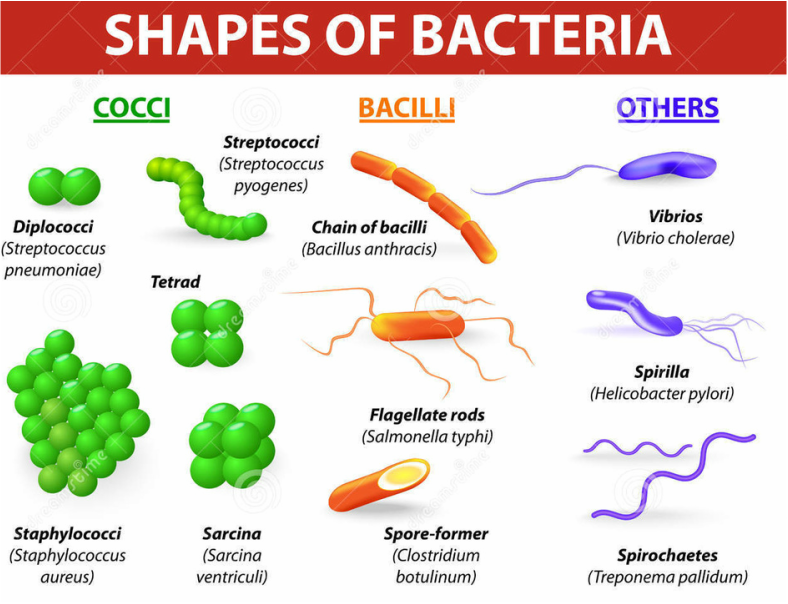
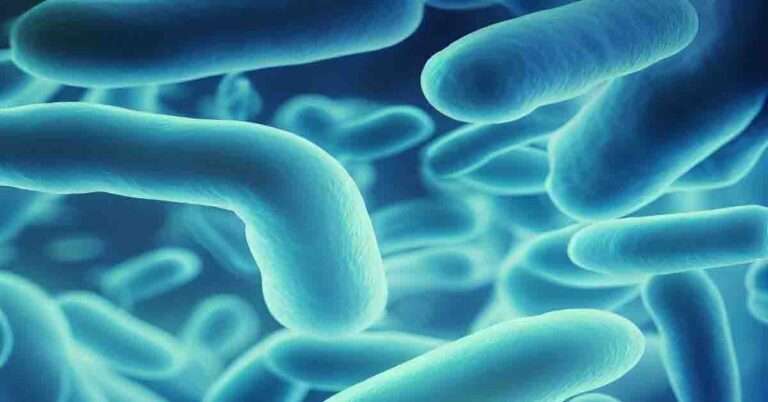
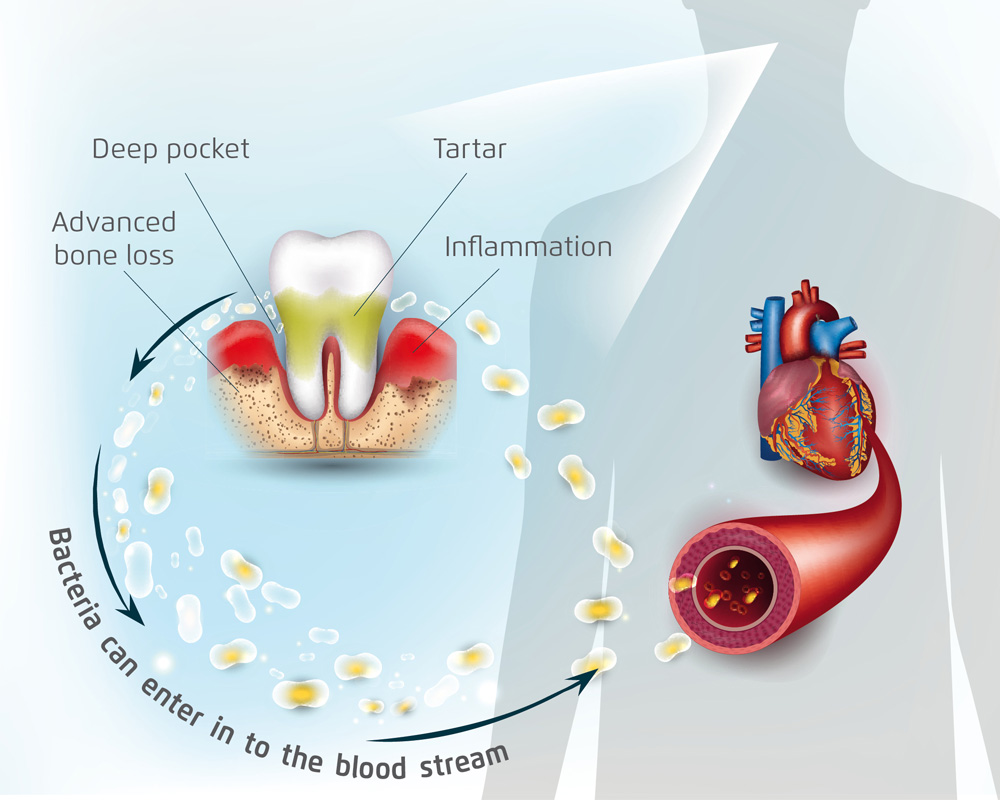

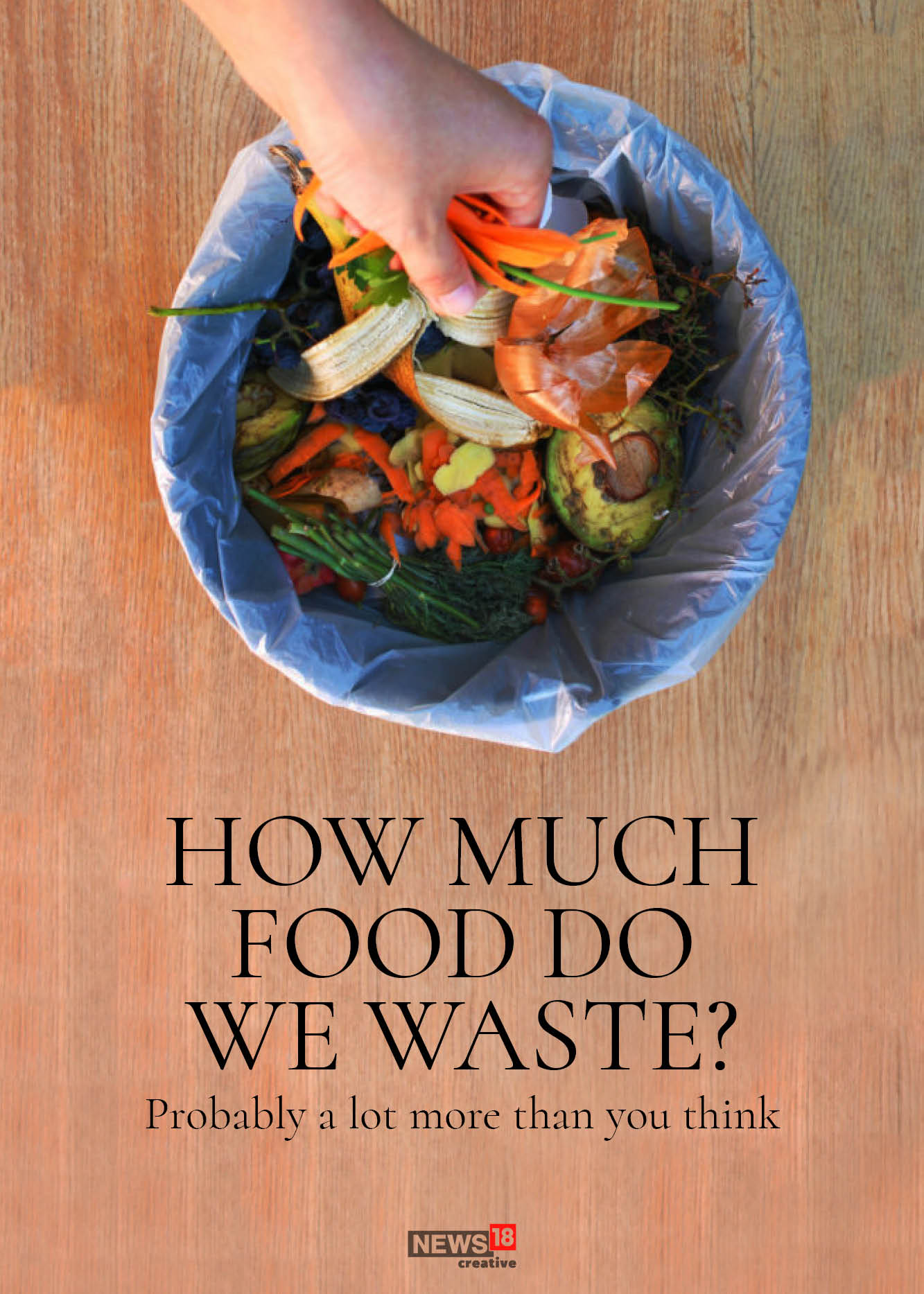


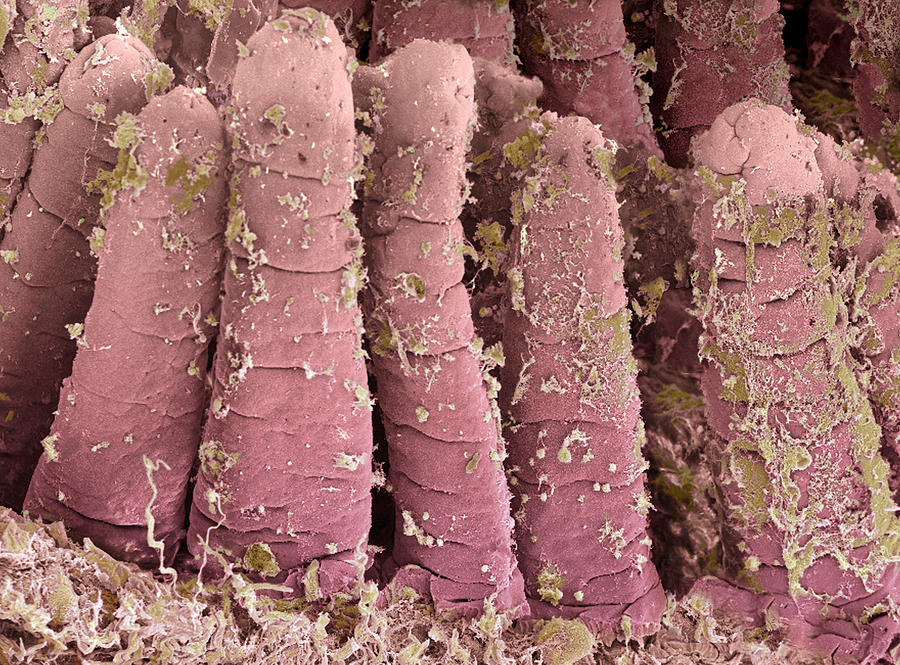









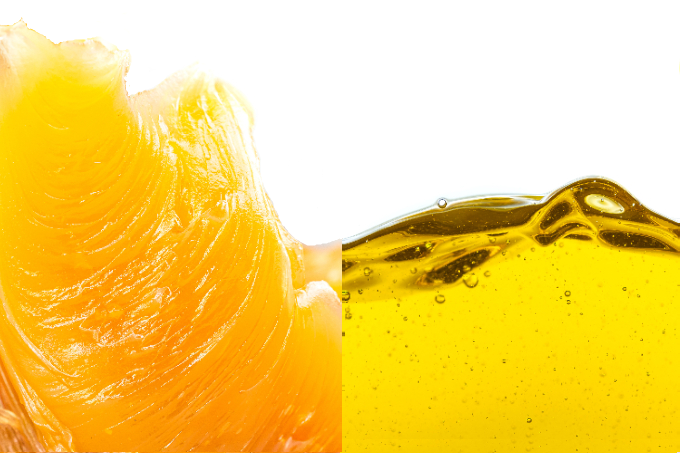
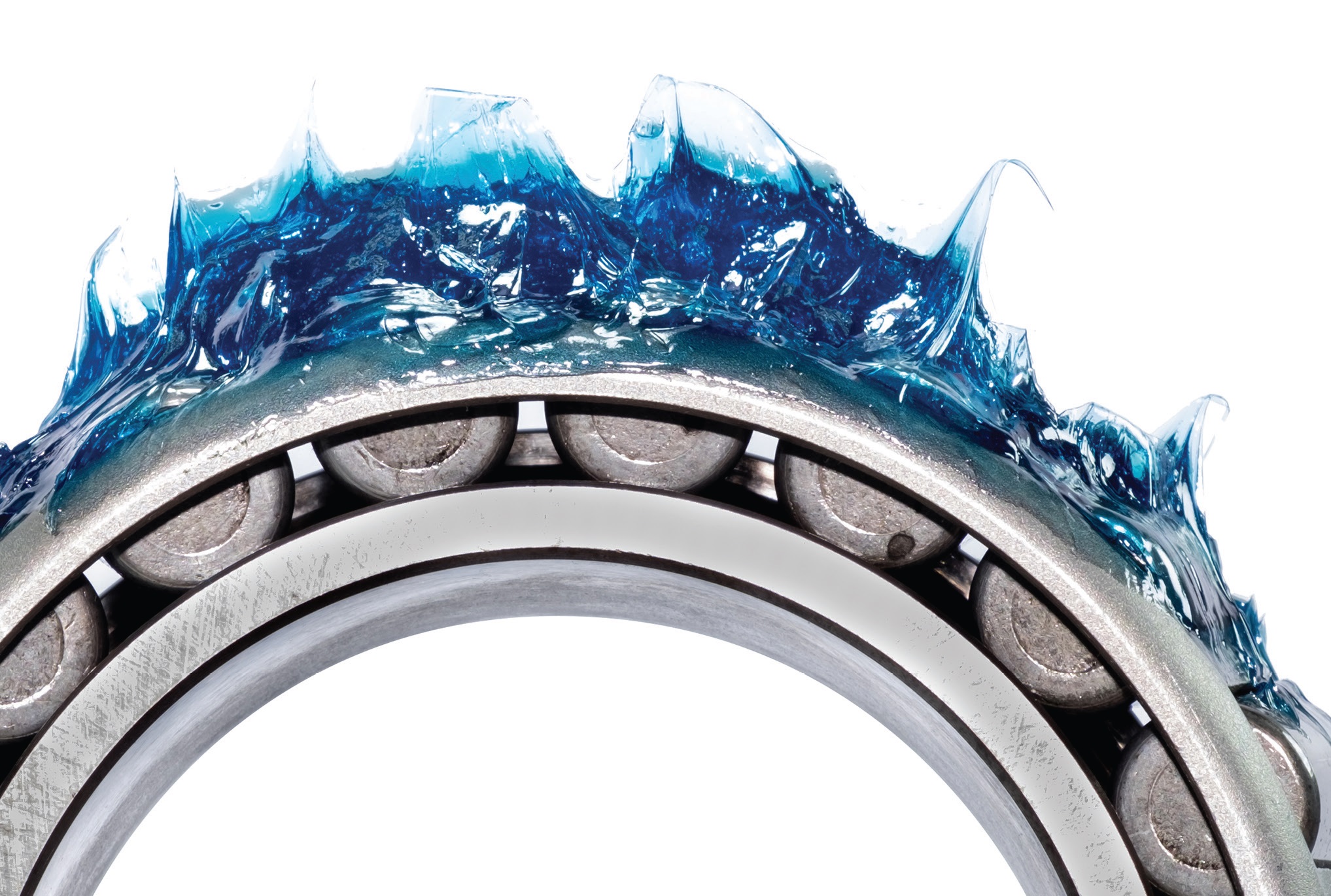

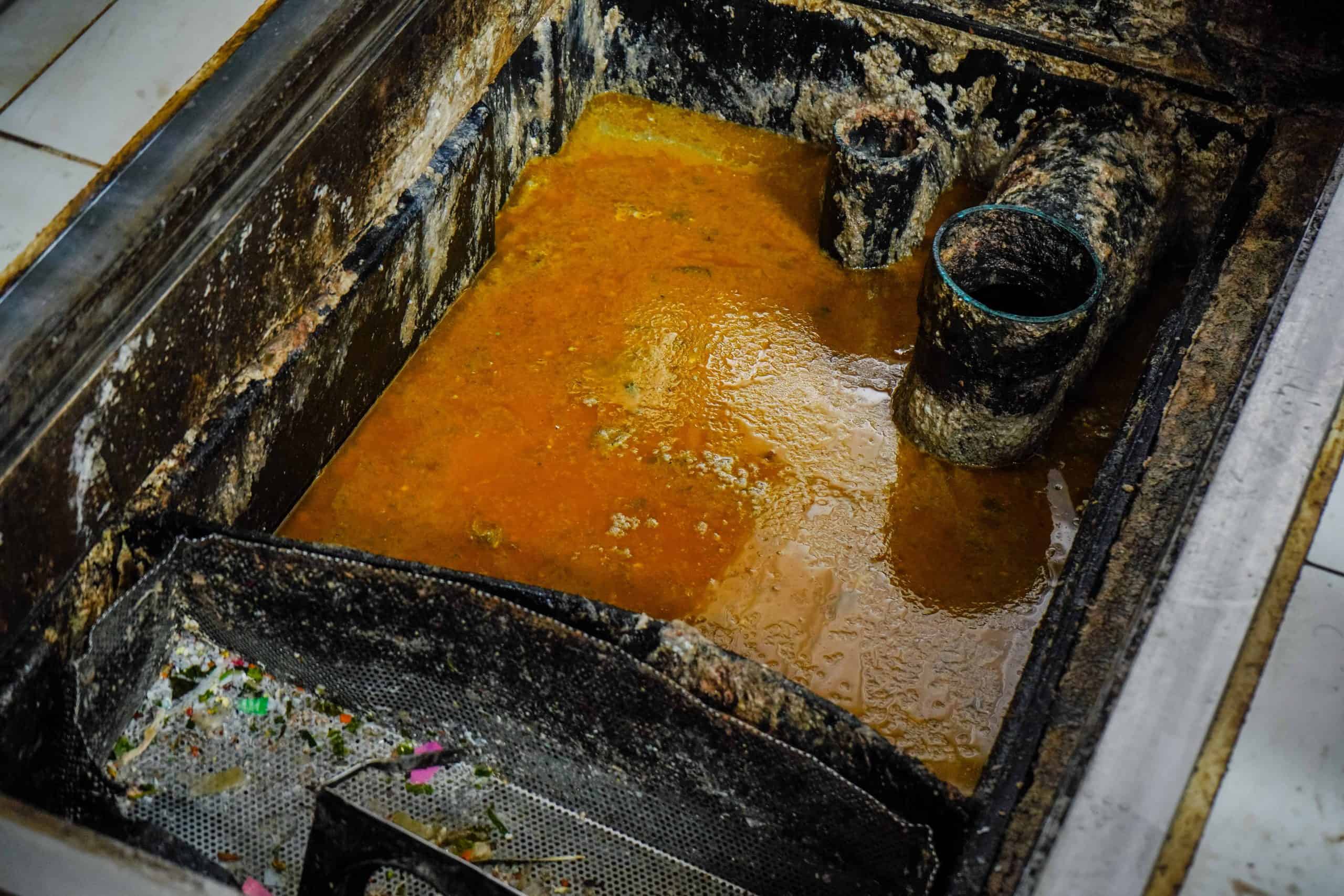
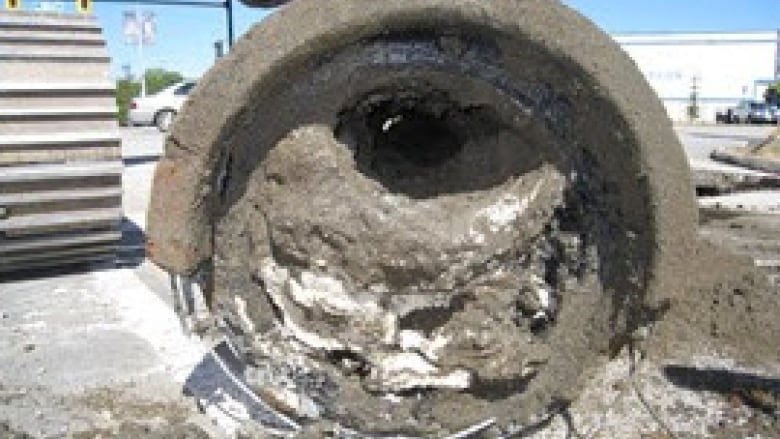
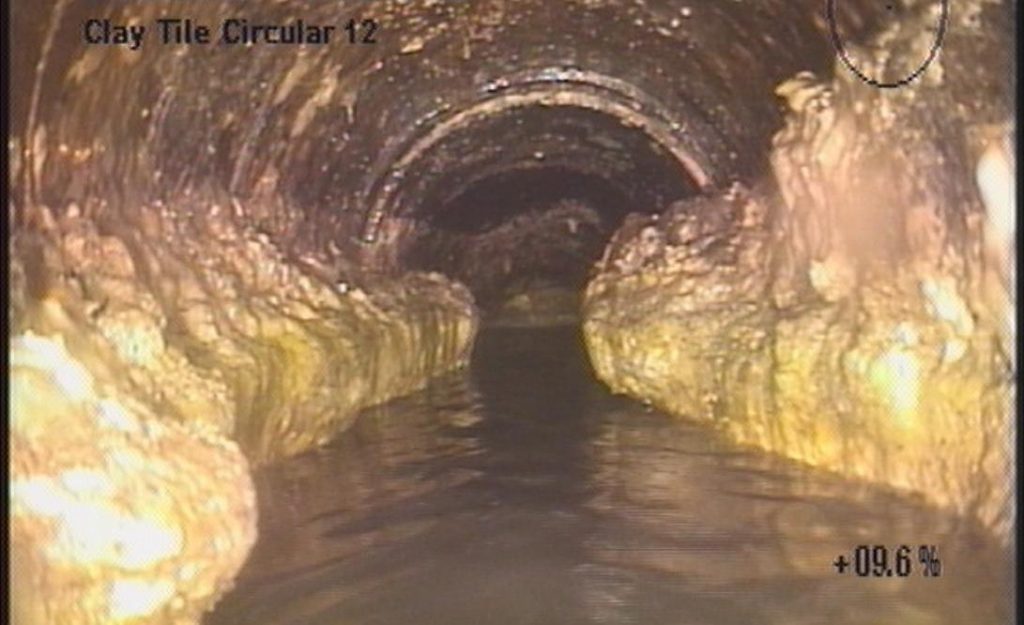
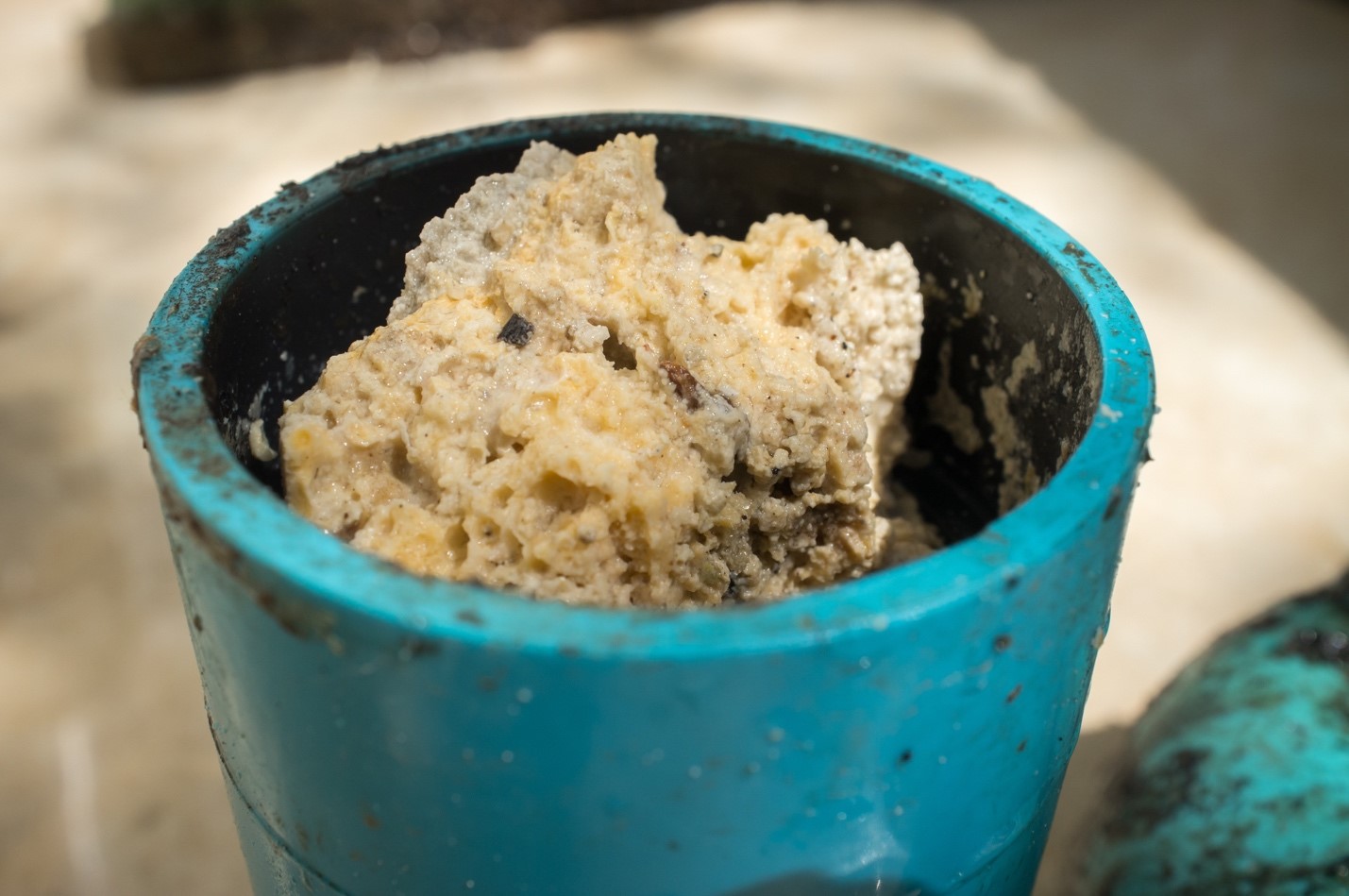
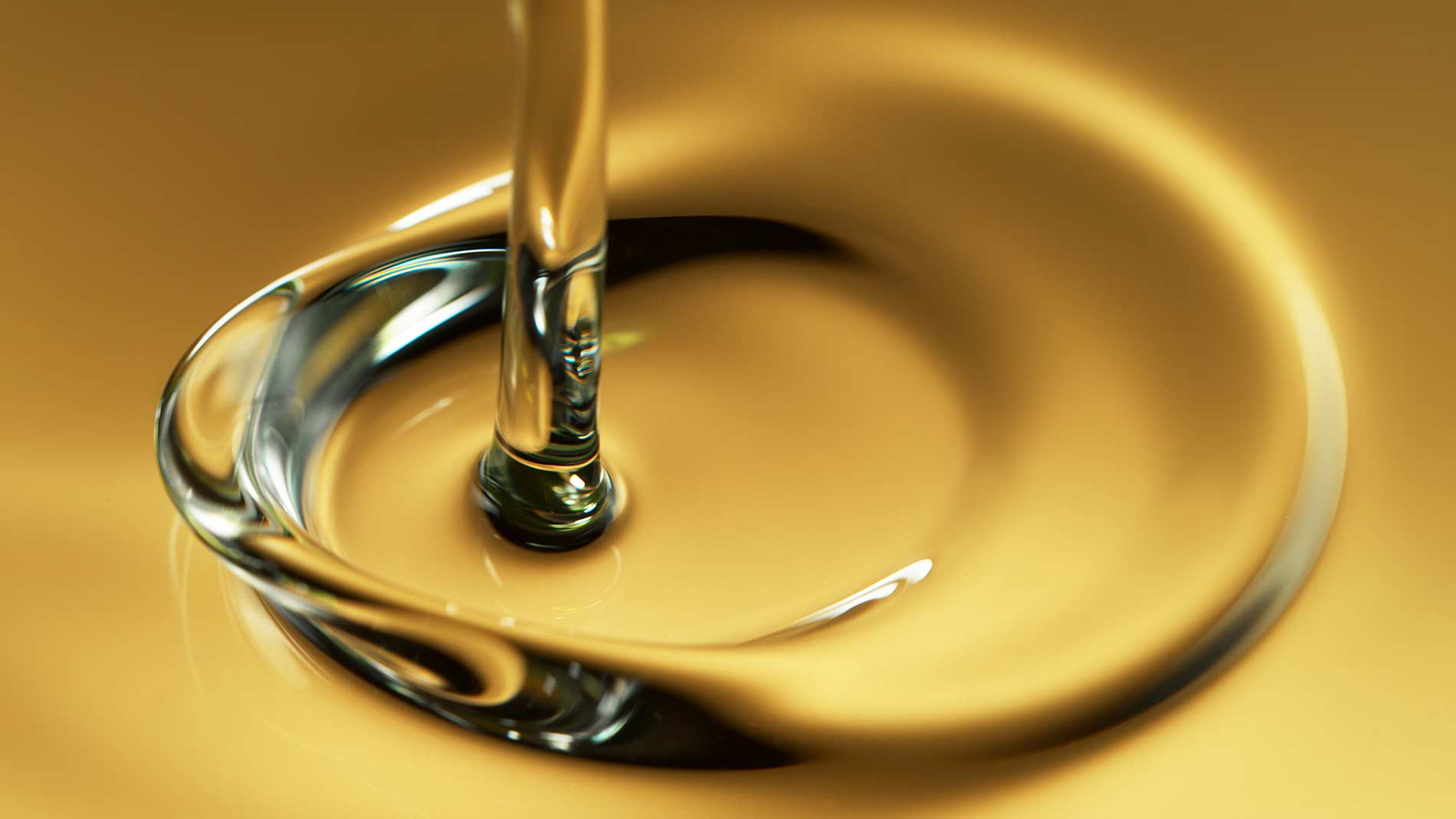


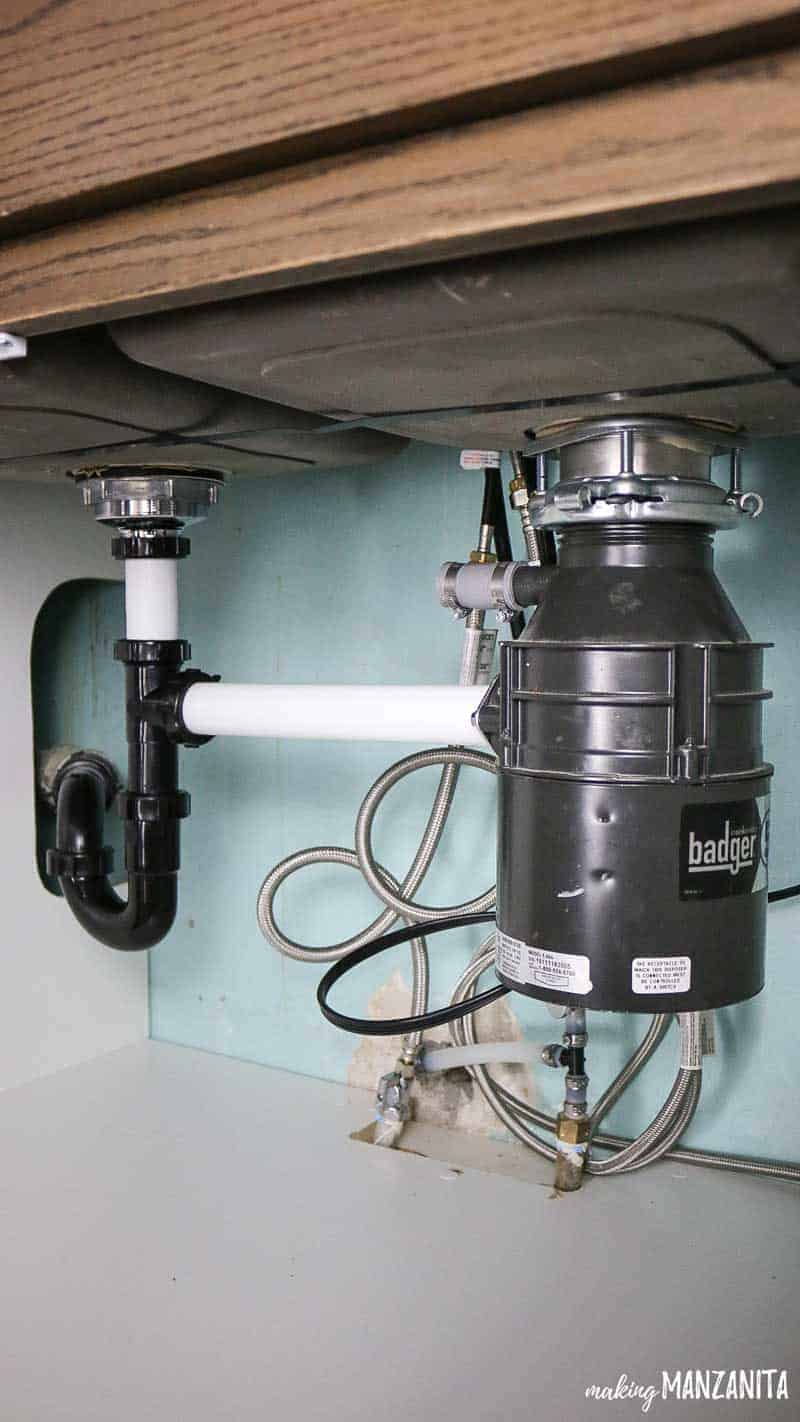

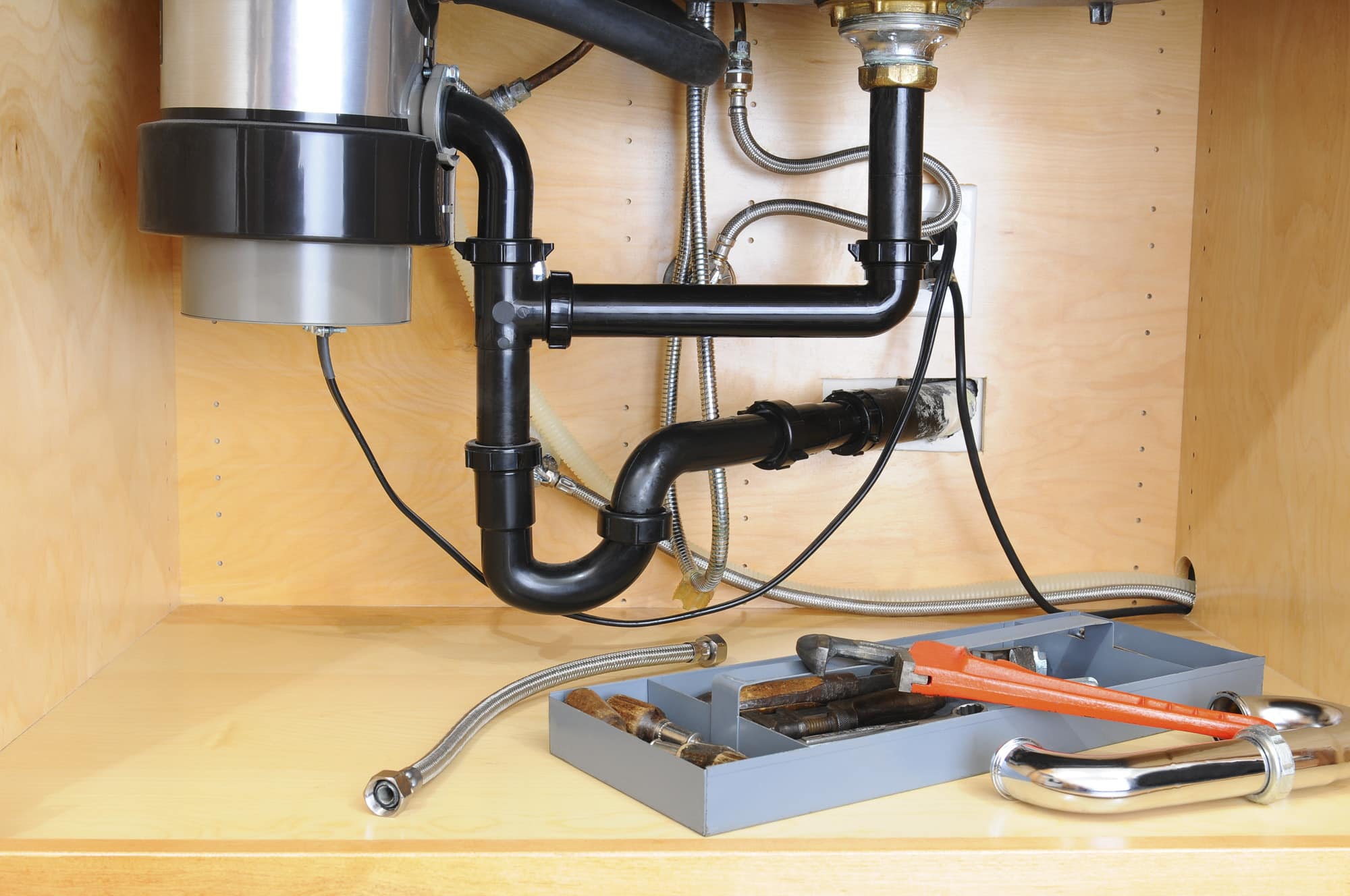
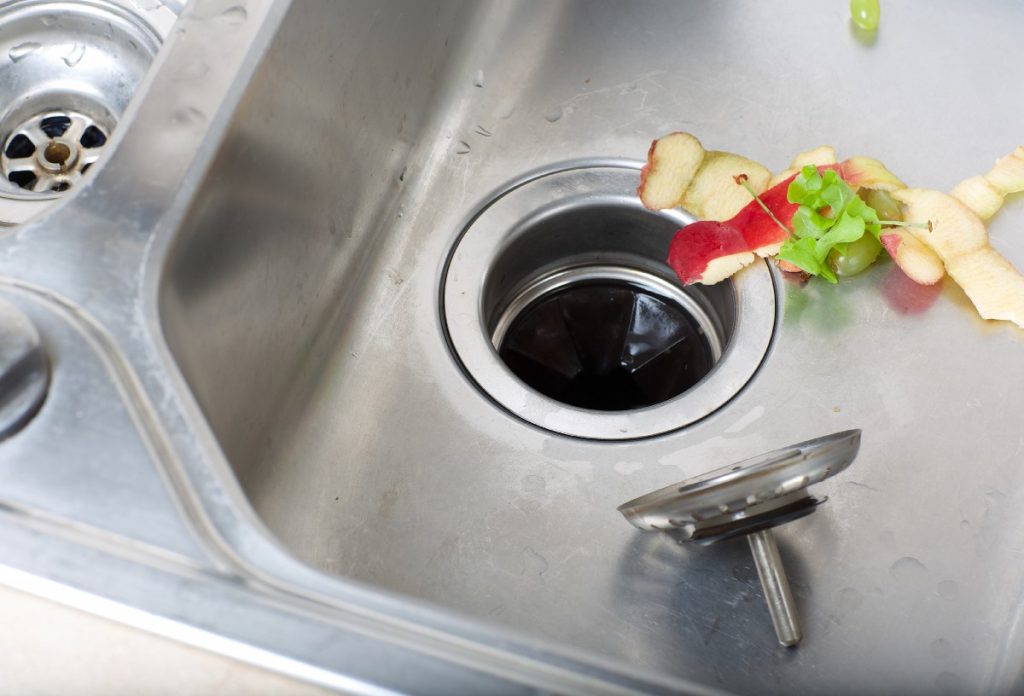

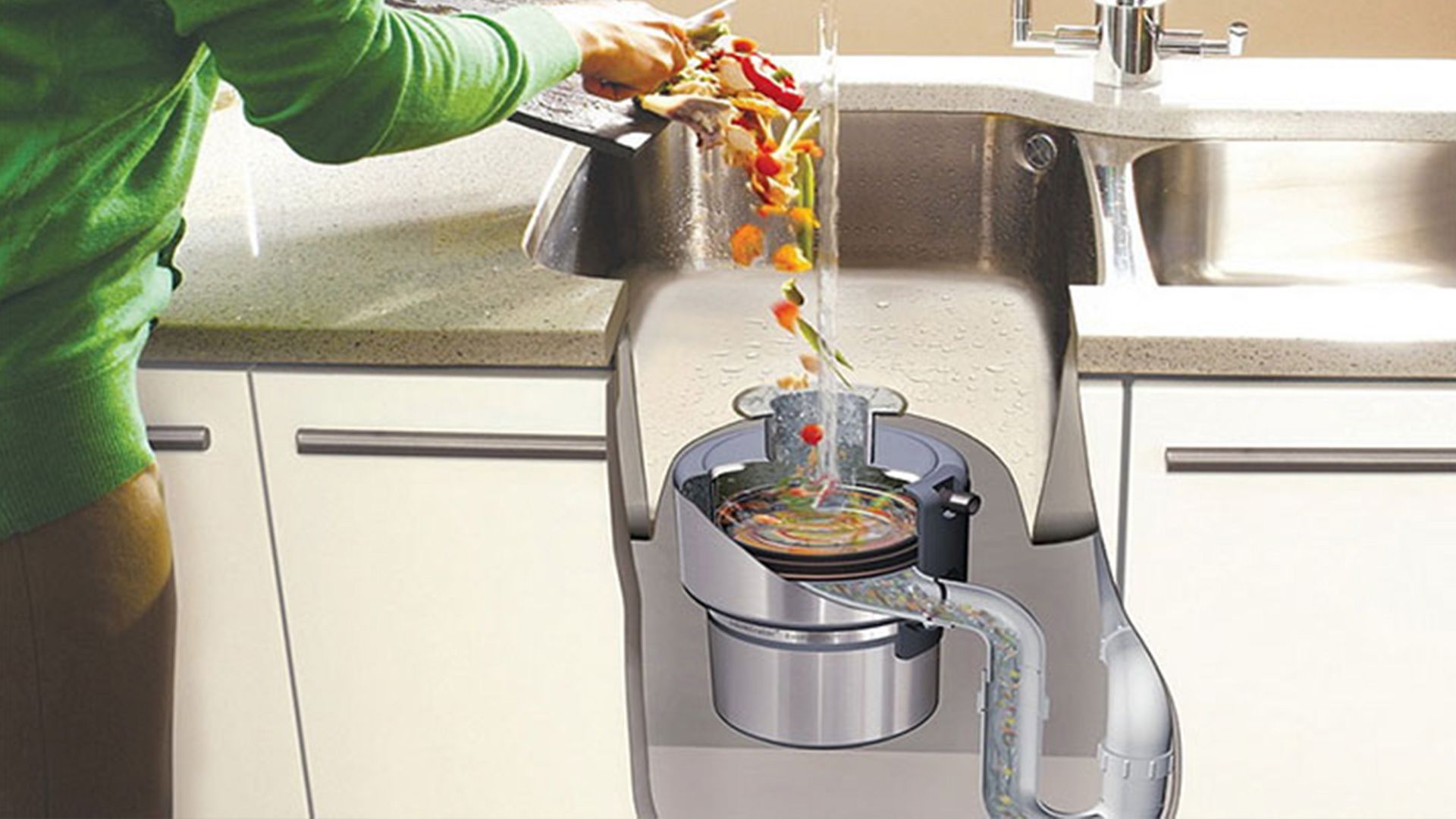



/cdn.vox-cdn.com/uploads/chorus_image/image/67063378/iStock_1216801664.0.jpg)
:max_bytes(150000):strip_icc()/garbage-disposal-buying-guide-2718864-hero-205069e72e6a4575b3131db47a6ace26.jpg)
